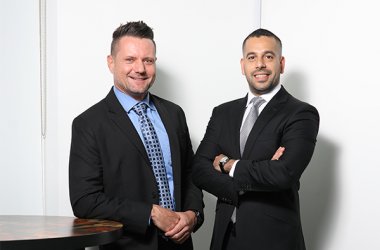
European antitrust investigators believe a cartel in the market for LCD screens extends around the world, a European Commission official said Tuesday.
On Monday Philips and its former subsidiary LG Display confirmed that both are among a handful of firms charged by the Commission with running a cartel in the market for LCD screens used in a range of devices including PC monitors, mobile phones and iPods.
"We are cooperating with the authorities in Canada, the U.S. and Japan," said Jonathan Todd, the Commission spokesman for competition matters in a telephone interview.
The Commission charged Philips and others in May with running a cartel, one of the most serious forms of antitrust abuse under European competition law.
Philips denied involvement and said it would "vigorously oppose" the allegation, in its profits statement for the second quarter of the year, released Monday.
Most of the LCD screen cartel probes came to light in 2006, when Philips, Samsung and Sharp confirmed they had been approached by antitrust regulators.
Last November in the U.S. LG Display, Sharp and Chunghwa Picture Tubes pleaded guilty to cartel involvement and paid a combined US$585 million in fines.
Samsung is cooperating with the Commission’s cartel investigators but it won’t confirm if it received charges, according to reports that also say that Sharp denies having been charged by the Commission. Neither company was immediately available to comment.
Cartels are not subject to criminal law in Europe, as they are in the U.S. and other jurisdictions. However under civil law the Commission can fine companies up to 10 percent of their global annual sales.
The companies charged in May have two months to submit a written response. They are also entitled to request an oral hearing with the Commission’s antitrust division.
Canada, the U.S. and Japan are cooperating with European Commission cartel busters





